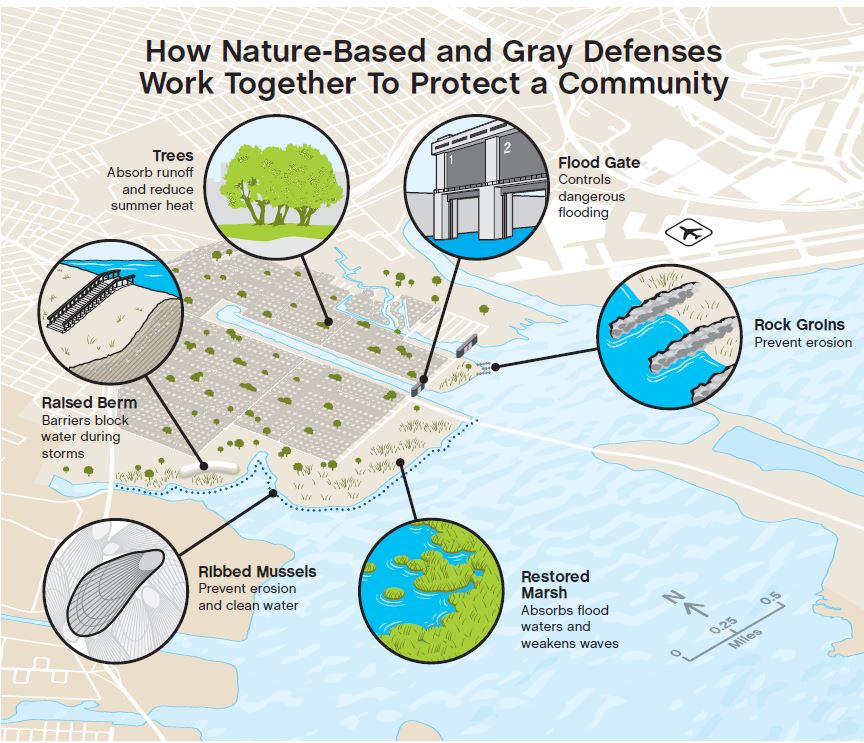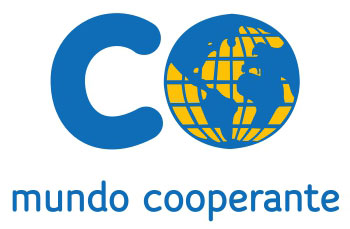Climate Proofing
Integrated Watershed Development for rehabilitation of Degraded Soils and Climate Change Adaptation

a) Self-selection criteria / willingness of the PFA and the community to undertake CCA project
i) Institutional audit:
HEALDS involved community mobilization activities since 1996, in various projects supported by governmental and non governmental organizations. HEALDS expertise in create community structures like SHG, JLG, Farmers club, Producer Federations, VWCs under Comprehensive wasteland development project by Agriculture department and NABARD and children groups. HEALDS also create networking with CBOs in villages for information sharing and educating the community in the past years. In 2008 & 2009 itself HEALDS recognized by “Mahalir Thittam” as “Best Performance NGO” and awarded by District Collector of Namakkal. 9 full time Professional workers, 6 part time workers with technical knowledge in agriculture and 35 committed volunteers are closely working for HEALDS.
As HEALDS working as PFA in WDF, we follow transparency in all activities like VWC meetings, Monitoring and Evaluation, accounting, field work assessments, and etc., Hence watershed community people accepted our initiatives and interventions, also recognize HEALDS as their institution facilitating watershed development in their villages seventhipatty and Vadavathur.
Watershed project jointly managed by VWC and HEALDS, all resolutions made by VWC with full members transparently, 25 MIS records are maintained for accountability. Each and every activities carried out only after resolution passed by the VWC. Most of the people aware about soil and water conservation for their future. HEALDS and VWC also interested in new initiation in our watershed, especially to undertake CCA / Climate Proofing of watershed.
ii) Asset Audit:
Usually, the VWC and HEALDS team have work in the watershed directly and monitored the structures created during the project implementing period for perfect execution. The community project stakeholders and VWC are owned the assets created by them and similarly design the holistic banking plan and other development strategies for institutional strengthening. At present there is no need to repairing work in the structures, meantime to provide suggestions to planting “ Vettiver” on the detaining wall of farm ponds to avoid soil erosion. The VWC well known of their responsibility to maintain created assets in the watershed with the help of interest occurred from Maintenance Fund. The VWC conduct quarterly review meeting for monitored the activities and emergency meetings are conducted as per the need based situation. Each and every activity under WDF project must have approval of VWC with all relevant particulars.
b) Potential for Reaching Programme Goals
i) Preliminary assessment of climate change vulnerability
The small background of the watershed village is Here there are Severe water shortages both for drinking and agriculture, Falling soil fertility and Crop yields, little vegetation cover and hence a shortage of Fodder and fuel. There are no alternative income generating opportunities in the area and the people are forced to migrate to the cities like Namakkal, Thirupur and Karur for semi skilled Labour in building construction or poultry Forms.
Here there are Severe water shortages both for drinking and agriculture, Falling soil fertility and Crop yields, little vegetation cover and hence a shortage of Fodder and fuel. There are no alternative income generating opportunities in the area and the people are forced to migrate to other places for employment.
The case study of Seventhipatty & Vadavathur watershed communities are already facing a range of climate hazards. These hazards include changing conditions such as temperatures and rainfall patterns, as well as hazard events such as droughts and floods which represent disaster risks.
Namakkal District has a tropical monsoon climate, with four distinct seasons. The mean temperature is approximately 39 degrees Celsius (98 degrees Fahrenheit) and the mean humidity is 32%. The seventhipatty & Vadavathur watershed region receives average 446 mm of rainfall annually, with the rainy season occurring during the South monsoon (May to September). The watershed village is exposed to a range of climate related hazards, including heavy droughts, failure of monsoon and extreme hot temperatures. During the consultations, community members reported that these events are growing more frequent and intense in recent years.
More temperature extremes are also predicted, with an increase in the number of very hot and very dry days. Understanding Vulnerability to Climate Change the people of Vadavathur & Seventhipatty watershed are currently experiencing a range of impacts from climate hazards.
Droughts also negatively affect both crops and livestock, reducing the water available for irrigation and watering of animals. Secondary effects resulting from these scenarios include increased food insecurity. The main food staple in the region is small quantity of rice, vegetables, onion, however many households only cultivate one crop per year, as they lack the water resources and irrigation systems needed to produce more. Rice crops are sensitive to a range of climate hazards, including droughts, floods and temperature extremes, as well as to diseases and pests. With all of these factors working in combination, many households face shortages of rice for up to six months of the year. During this time they are required to purchase rice at market.
Assess the effects of climate change on watershed (Sensitivity)
Given its high dependence on rainfed agriculture and its comparatively low adaptive capacity, Vadavathur & Seventhipatty watershed is frequently invoked as especially vulnerable to climate change. The HEALDS defines a hotspot as an area that is suffering from serious environmental problems and is in need of immediate improvement. In this watershed we identified 2 broad areas like Running (Middle) zone and Storage ( Lower) zone affected by Climate Change.
Seventhipatty & Vadavathur watershed data report
The HEALDS (Health And Education Alternative Development Studies) is a non-profit organization committed to work for sustainable agriculture development in Namakkal district of Tamil Nadu state. HEALDS expertise in community health development through sustainable agriculture, it means the production of food, fiber, or other plant or animal products using organic farming techniques that protect the environment, public health, human communities, and animal welfare. This form of agriculture enables us to produce healthful food without compromising future generations' ability to do the same.
Seventhipatty & Vadavathur Watershed Climate Proofing details
| Name of Watershed | Seventhipatty watershed |
|---|---|
| Watershed Code | 4B1B3b3a1 |
| ii. Villages Covered: 7 | Latitude : 11o09’ to 11o 65’ |
| iii. Block : Erumapatty. Taluk : Namakkal, District: Namakkal | Longitude: 78o23’ to 79o45’ |
| iv. Major Drainage system of which watershed is part : | Kollimalai Hills major watershed & Bodinaikenpatty Sub watershed - Length: 3500M |
| v. Identification of watershed if any from Government source: | Breath: 4000M Shape Factor |
| vi. Highest Point in the watershed (Above MSL) | 783 M |
| vii. Lowest Point in the Watershed ( Above MSL) | 109 M |
| Highest Differences ( in meters) | 674 M |
Demographic details of Watershed
Total Households : 820Nos
Total Population : 3214Nos
Water Resources in the watershed
Dug Well - 451
Bore Well - 297
Total Well - 748

